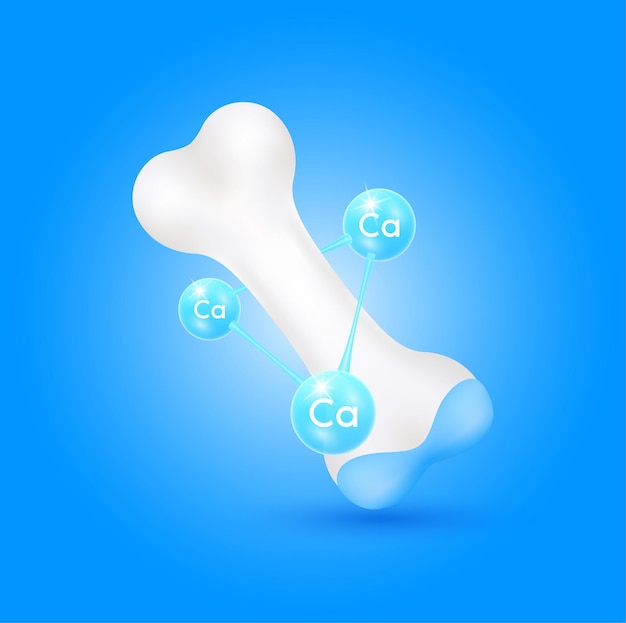
Calcium-Rich Fruits and Their Benefits
As you’re probably aware, calcium is an essential mineral that supports the development of healthy teeth, bones, muscles, and much more. It plays a crucial role in the secretion of various hormones and enzymes that are vital for your body to function efficiently. Therefore, it’s important to ensure you get enough calcium, preferably through your diet, although supplements might be necessary for some people. Studies have consistently found links between calcium deficiency and serious illnesses such as osteoporosis. Ensuring adequate calcium intake is a crucial goal for everyone.
Why Do We Need Calcium?
Calcium is often linked with strong bones and teeth, and this association is accurate. However, calcium is essential for much more than just skeletal health. A deficiency in calcium can lead to numerous health issues beyond weak bones and teeth.
Research has shown that a low dietary intake of calcium is a risk factor for developing high blood pressure. Conversely, increasing dietary calcium intake has been found to help lower blood pressure in individuals with hypertension.
Interestingly, the Department of Chemical Pathology at Dumfries and Galloway District Hospital in the United Kingdom has reported that calcium deficiency can cause rickets.
10 Fruits High in Calcium
Making conscious eating decisions is important to meet your daily nutritional needs; it won’t happen by accident. Balancing variety in your diet is key to avoiding monotony and ensuring adequate nutrient intake. Here are ten delicious fruits, rich in calcium and other nutrients, which you can incorporate into your diet.
Oranges and Tangerines
Oranges and tangerines are great sources of calcium, containing 43 mg per serving. They also pack a significant amount of vitamin C, making them an excellent choice for your diet.
Dried Apricots
Dried apricots are not only delicious but also contain 5 mg of calcium per 100 grams. They are a perfect snack for hikers, bikers, and campers.
Kiwi
Kiwi is a refreshing tropical fruit that provides 34 mg of calcium per 100 grams. One cup of kiwi contains around 60 mg of calcium.
Dates
Dates are tasty and each one contains about 15 mg of calcium.
Dried Figs
Dried figs might be the best fruit source of calcium, offering 241 mg per cup and around 13 mg per fig. A small serving can go a long way in meeting your calcium needs.
Rhubarb
Although technically a vegetable, rhubarb is often categorized as a fruit. It contains 348 mg of calcium per cup, making it a solid calcium source.
Prickly Pears
Prickly pears, also known as red tunas, are exotic fruits that contain 58 mg of calcium per pear.
Prunes
Prunes are known for aiding digestion and contain 75 mg of calcium per cup.
Mulberries
Though not commonly found in grocery stores, mulberries are worth seeking out. They provide up to 55 mg of calcium per cup and are a delicious addition to your diet.
Kumquats
Kumquats are small but mighty, offering a rich flavor, high amounts of vitamins A and C, and around 12 mg of calcium.
Getting Enough Calcium is Essential
Increasing your intake of fruits and vegetables can benefit your bone health by supplying essential micronutrients and antioxidants that promote healthy bone formation and overall well-being. Make a habit of enjoying the fruits listed above, preferably organic, to reap the benefits of calcium and other health perks.
If you find your diet lacking in calcium, you might consider calcium supplements. Global Healing’s IntraCal is an excellent option. Unlike many chalky and dusty calcium supplements, IntraCal comes in Kosher-certified vegetarian capsules for easy swallowing. It contains a blend of calcium orotate and magnesium orotate, with magnesium aiding in the absorption of calcium to provide an efficient supplement.



